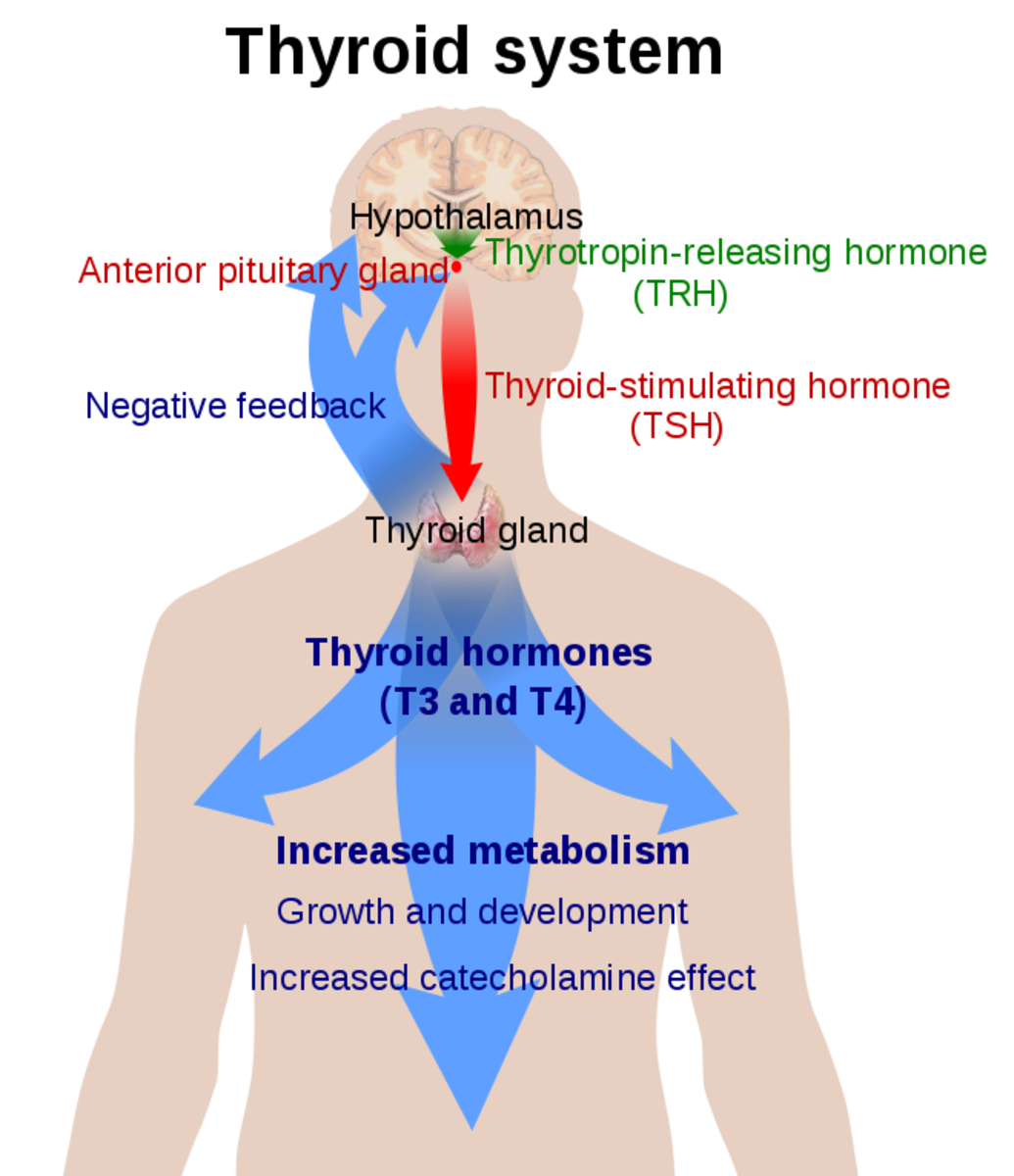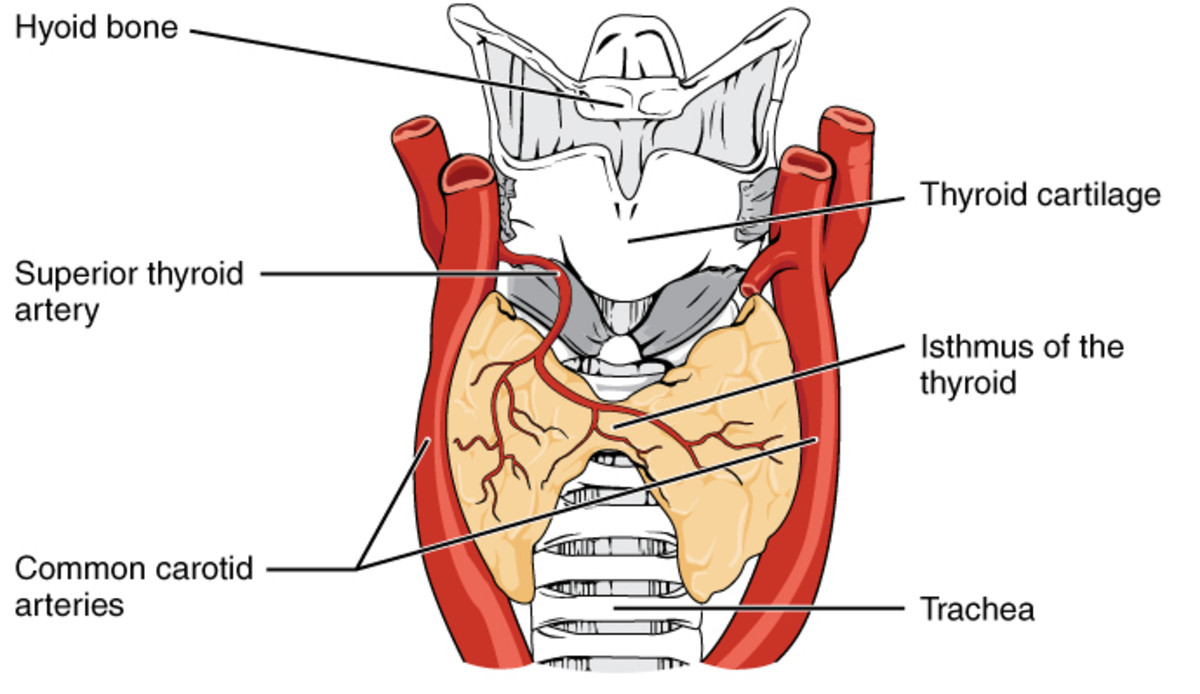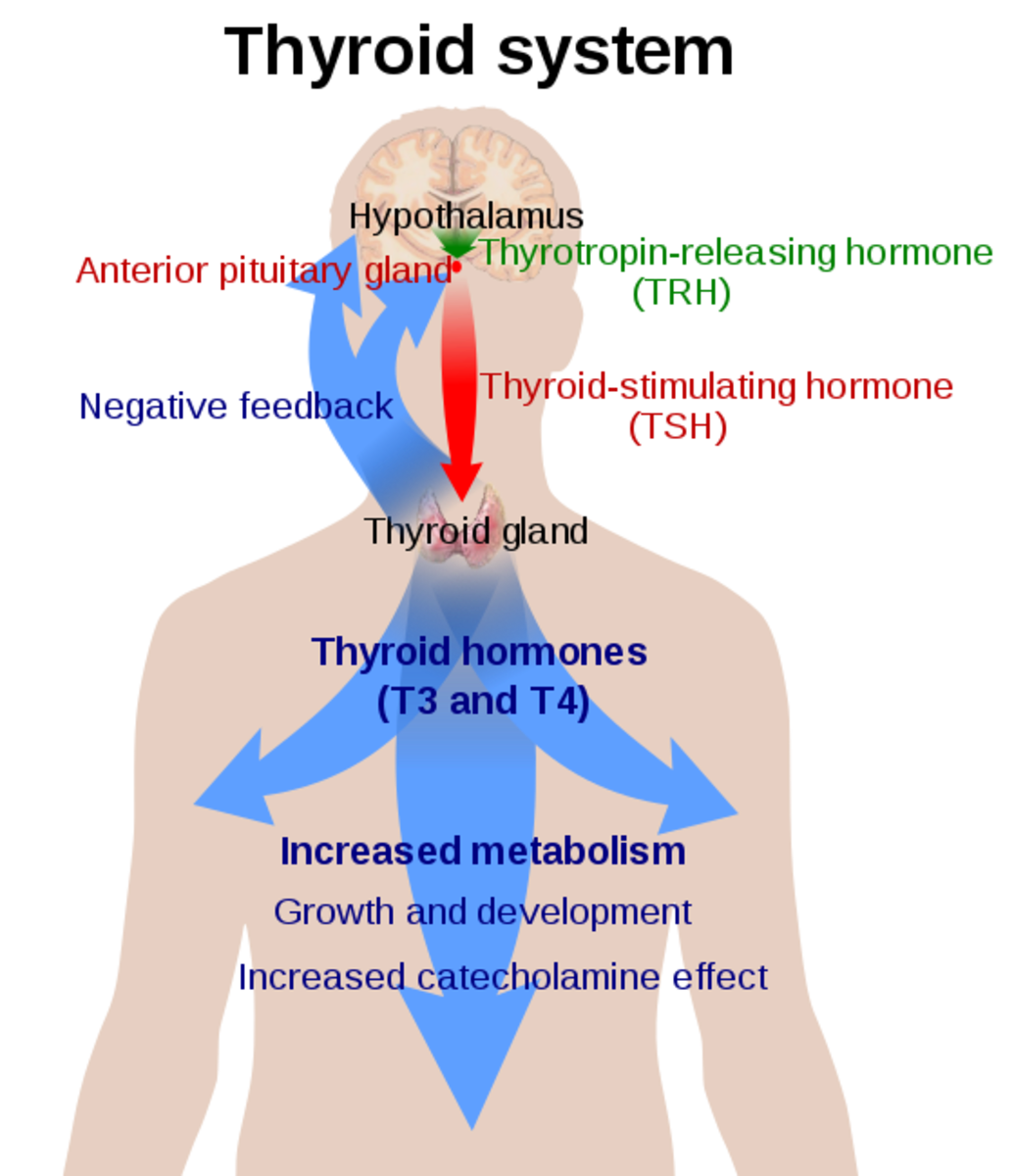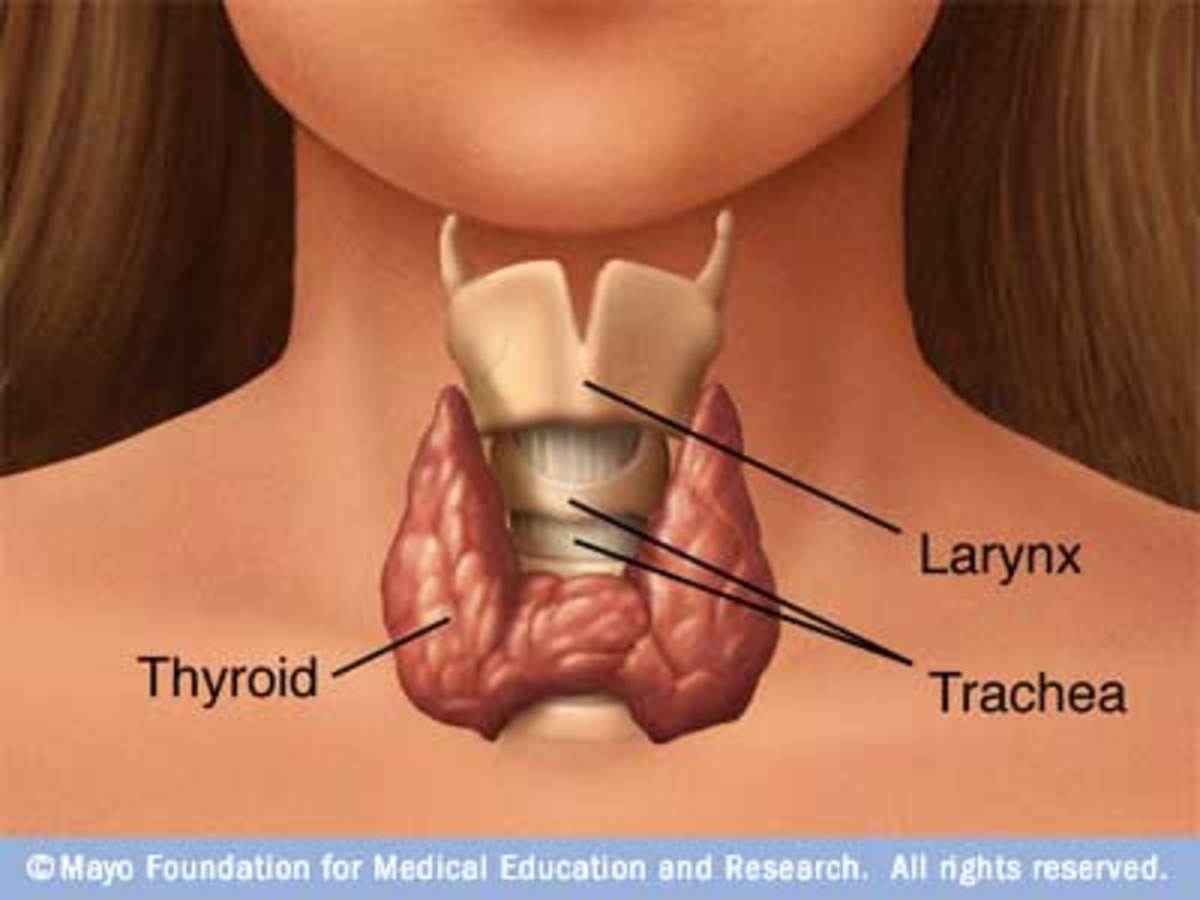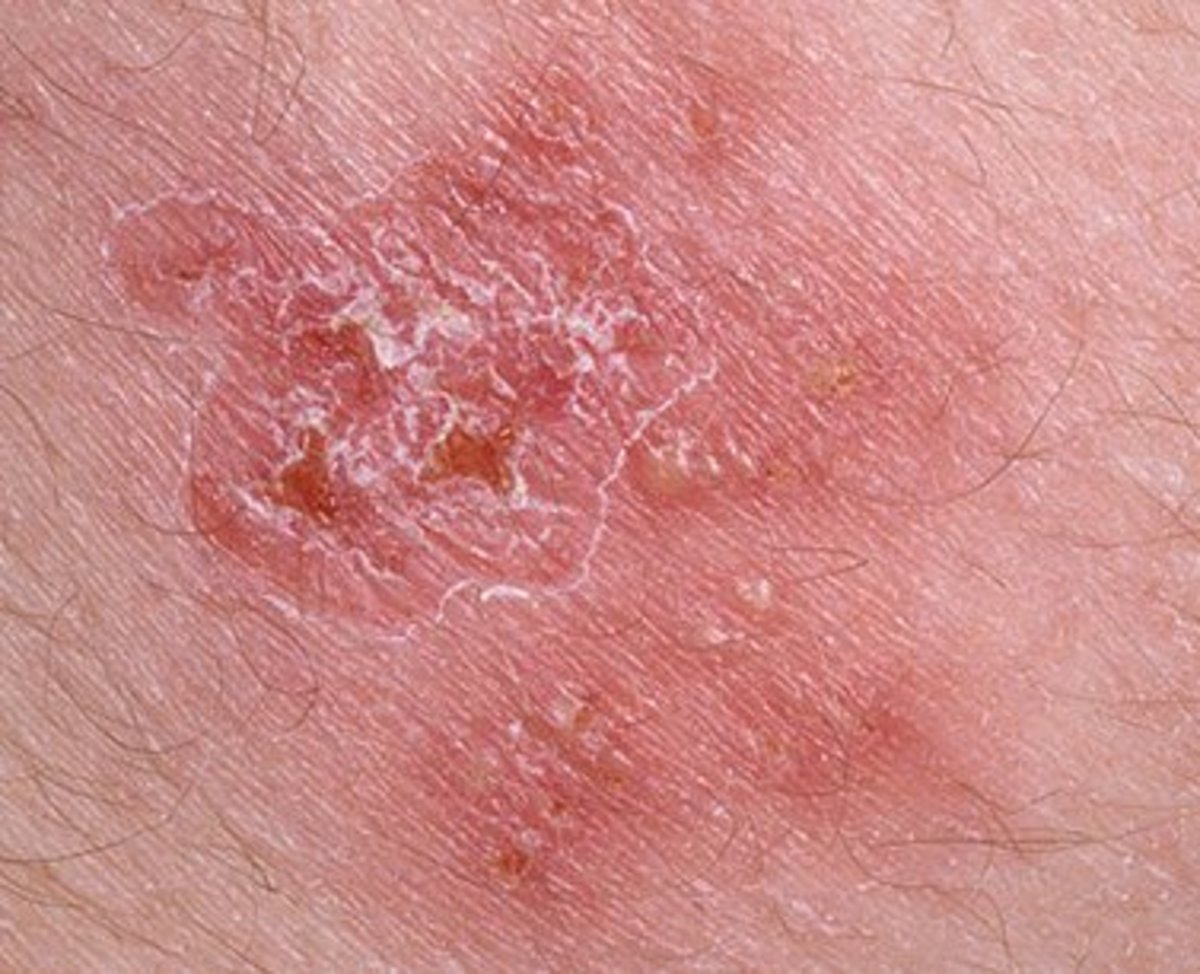4 Graves' Disease Treatment Options
If you have been diagnosed with Graves’ Disease, or any other type of hyperthyroidism, there are essentially four treatment methods that you can choose from. Two of them are common treatment methods for most people with this condition. But as you’ll soon find out, the least common treatment method might very well be your best bet to restore your health to normal.
I’m a healthcare professional that was personally diagnosed with Graves’ Disease. And while I considered the first treatment method I’ll be discussing, I decided to go with treatment option #4. Upon reading this information you’ll understand why I didn’t want to consider treatment option #2, and definitely not treatment option #3.
Let’s take a look at these four types of treatments:
Treatment Option #1: Anti-thyroid drugs. An example of such a drug is Methimazole, which is a drug that helps stop the overproduction of thyroid hormone. While this can be effective, what you need to realize is that in most cases of Graves' Disease, as well as other hyperthyroid conditions, this prescription drug does nothing more than temporarily manage the symptoms. While in some people it does seem to put the disease in remission, most people will eventually suffer a relapse.
Some people are also given a beta blocker, such as Propranolol. This also can be helpful in temporarily relieving the symptoms, especially if you have a high pulse rate and/or palpitations. But once again, this drug does nothing for the actual cause of the condition. And that’s the main problem with prescription drugs, is when it comes to treating a condition such as Graves’ Disease, they don’t do anything to address the underlying cause of the disorder.
Treatment Option #2: Radioactive iodine. I don’t know about you, but I’m rather cautious about receiving any type of treatment with the words “radioactive” in it. And while there are some people who do need to receive radioactive iodine, most people with Graves’ Disease and other types of hyperthyroidism are better off choosing a different treatment option. The reason for this is because once again, this condition does not address the actual cause of the condition.
As you probably know, this harsh treatment method damages the thyroid gland. And while it is highly effective in permanently getting rid of someone’s hyperthyroid symptoms, the consequences can be extreme. First of all, many people who receive radioactive iodine will become hypothyroid for the rest of their lives, and will need to take synthetic or natural thyroid hormone daily. The second consequence is that because it doesn’t address the cause of the disorder, other autoimmune conditions are likely to develop in the future, such as Hashimoto’s Thyroiditis, Rheumatoid Arthritis, etc.
The problem is that most doctors focus on the malfunctioning thyroid gland. While the malfunctioning thyroid gland is what no doubt is causing the symptoms of Graves’ Disease, in just about all cases it is not what led to the development of this condition.
Treatment Option #3: Thyroid Surgery. Fortunately this procedure isn’t too common, and of course in cases of malignancies and some other potentially life-threatening conditions, partial or complete surgical removal of the thyroid gland may be necessary. However, there are still medical doctors out there that will recommend thyroid gland surgery, even if the condition isn’t life threatening. Although choosing between radioactive iodine treatment and thyroid gland surgery is a “lose-lose situation” in my opinion, if given the choice between the two, I would choose radioactive iodine. Of course both of these procedures should be used as a last resort, after other treatment methods have been tried and weren’t effective in managing the symptoms.
Like radioactive iodine treatment, those people who receive thyroid gland surgery will most likely become hypothyroid for the rest of their lives, and will thus need to take thyroid hormone daily. On the other hand, if the thyroid gland was only partially removed, then in some cases it is still possible for the thyroid gland to produce a sufficient amount of thyroid hormone on its own. Either way, if you have Graves’ Disease, or any other type of hyperthyroidism, and are told you need to get your thyroid gland surgically removed, I would definitely get another opinion. The thyroid gland affects every tissue and cell in the body, and so you want to do everything you can to preserve it.
Treatment Option #4: Natural treatment methods. More and more people with Graves’ Disease and other types of hyperthyroidism are choosing natural treatment methods. Of course this still represents a very small percentage of people with these conditions. But perhaps the primary reason why many people are turning to natural treatment methods is because they want to get to the underlying cause of their disorder, which can potentially restore their health back to normal. And for those who have success following a natural treatment protocol, this will mean that they won’t need to take anti-thyroid drugs, receive radioactive iodine, or consider thyroid gland surgery.
When I personally was diagnosed with Graves’ Disease, I knew I wanted to do everything to avoid radioactive iodine, but I did consider taking the anti-thyroid medication. Like many people with this condition, I was concerned about my symptoms (high pulse rate, palpitations, weight loss, increased appetite, etc.). And although I knew that these drugs wouldn’t do anything for the cause of the disorder, I was skeptical as to whether natural treatment methods work. This might sound strange coming from a holistic doctor, but when an endocrinologist tells you that you have an autoimmune thyroid disease, it’s difficult to believe that natural treatment methods can truly be effective.
But I made the decision to give natural treatment methods a try, and these methods did restore my health back to normal. I’m not going to tell you that it was an easy process, because it wasn’t. But it definitely was worth preserving my thyroid gland, and I have absolutely no regrets that I followed such a protocol. In fact, today my thyroid blood tests no longer indicate that I am hyperthyroid, and my adrenal tests are within normal limits. I feel better than ever, and my situation isn’t an isolated case, as many people with an autoimmune thyroid disorder receive great results when following a natural treatment protocol.
Which Treatment Option Is Right For You?
As for which treatment option is the best one for you, obviously this is something only you can decide. While I can tell you that following a natural treatment protocol was the best option for me, the truth is that not everyone is an ideal candidate for natural treatment methods. And of course there are many people who would prefer to follow the advice of their endocrinologist or general practitioner and take anti-thyroid drugs, receive radioactive iodine, and sometimes even get their thyroid gland surgically removed. Once again, sometimes these conventional methods are necessary, but most people can be helped through a natural treatment protocol, and thus avoid these harsh procedures.
Some people choose both a conventional protocol along with natural treatment methods, at least in the beginning. For example, someone with Graves’ Disease or another hyperthyroid disorder might decide to take the anti-thyroid drugs to manage their symptoms temporarily, but might also begin a natural treatment protocol for the long term benefits. Once again, your goal is to do some of your own research, and then consult with an endocrinologist, general practitioner, and/or natural endocrine doctor. Then once you have done this you will be able to make an informed decision that you will feel comfortable with, and decide which treatment is the best for you.
For more information on how to treat Hyperthyroidism and Graves’ Disease through natural treatment methods, please visit my facebook fan page, Graves Disease and Hyperthyroidism: Natural Treatment Solutions (and don't forget to Like the page while you're there!).

